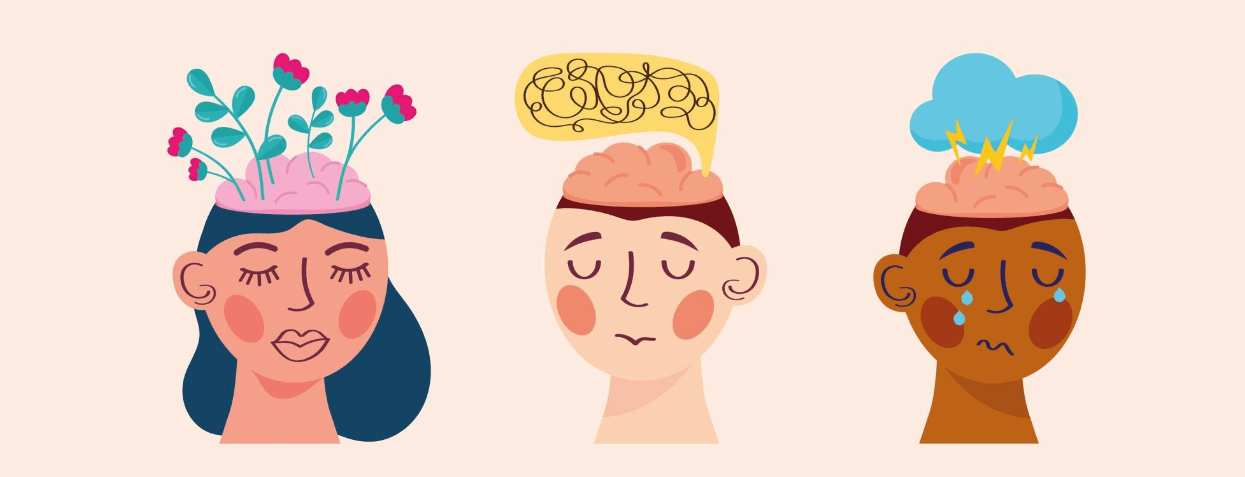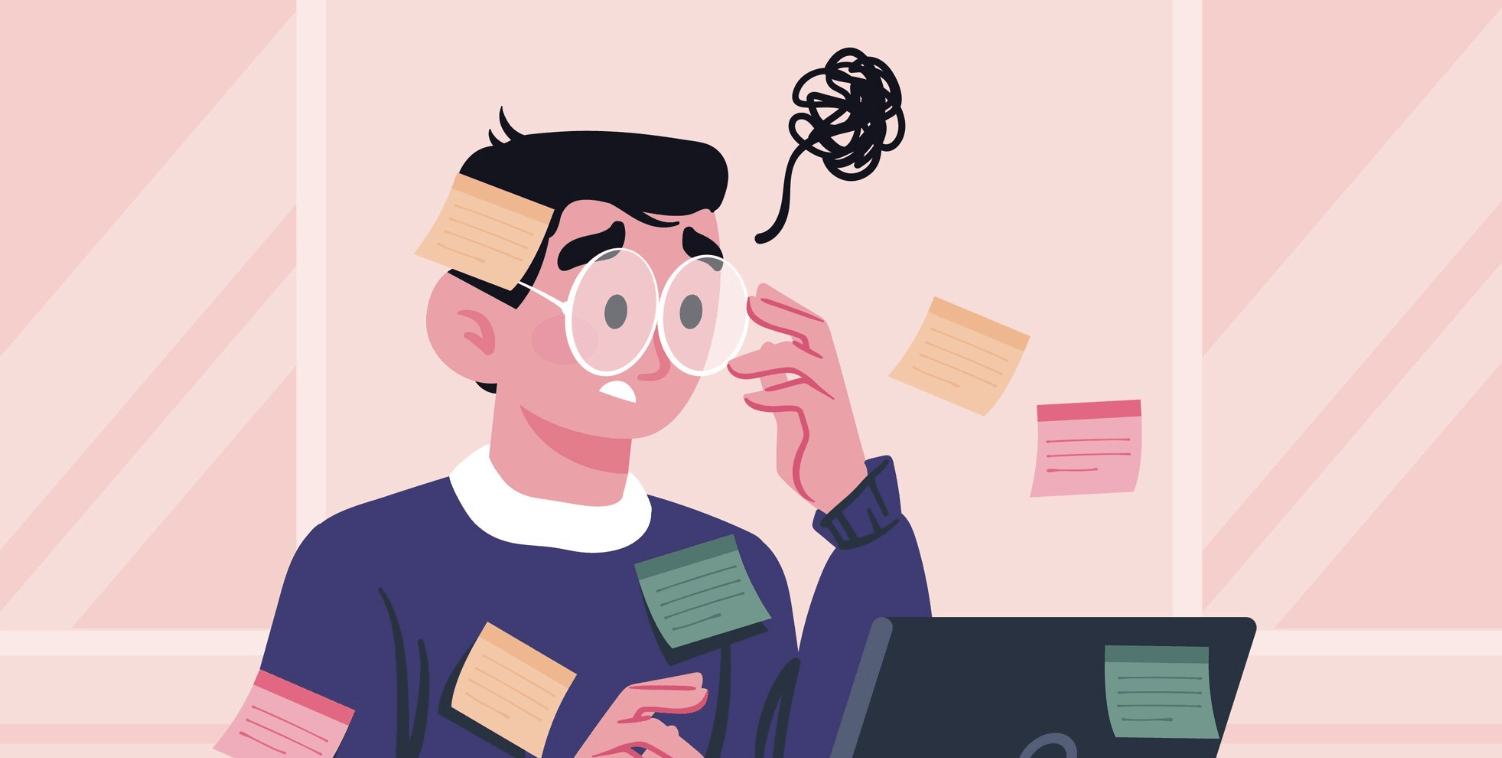Why Aging Brains Experience More Fog (and What to Do About It)

Why Aging Brains Experience More Fog (and What to Do About It)
As we get older, it’s normal to feel like our minds aren’t quite as sharp as they used to be. You might walk into a room and forget why, lose your train of thought mid-conversation, or struggle to remember simple details. This mental cloudiness, often called brain fog, becomes more common with age but it’s not something you have to accept as permanent.
Let’s explore why aging brains experience more fog, what science says is happening behind the scenes, and most importantly, what you can do to keep your mind clear, focused, and energized.
What Exactly Is Brain Fog?
Brain fog isn’t a medical condition, it’s a way to describe feeling mentally slow or unfocused. People with brain fog often say their thoughts feel “thick” or “blurry.” It’s harder to make decisions, remember names, or process information quickly.
Common symptoms include:
- Trouble concentrating or staying on task
- Slow thinking or confusion
- Short-term memory lapses
- Lack of motivation or mental energy
- Difficulty finding the right words
While occasional brain fog is normal, if it happens frequently as you age, it may be linked to changes in your brain’s chemistry, blood flow, or lifestyle habits.

Why the Brain Becomes Foggy with Age
There are several reasons why brain fog tends to increase as we get older. Here are the most common ones and what’s really happening behind them:
- Slower blood flow: Aging can reduce circulation to the brain, meaning less oxygen and nutrients reach your neurons. That can make thinking slower and reduce alertness.
- Hormonal changes: As estrogen and testosterone levels drop, they can impact neurotransmitters like serotonin and dopamine that affect mood and mental clarity.
- Inflammation: Chronic low-level inflammation, often from poor diet or stress, can interfere with how brain cells communicate.
- Sleep disruption: Many older adults struggle with lighter or shorter sleep, and the brain relies on deep rest to repair and clear out toxins that build up during the day.
- Stress and multitasking: Decades of constant stress can wear down memory and focus systems in the brain, especially the hippocampus and prefrontal cortex.
Even though these changes are normal parts of aging, they can be slowed, managed, or even reversed with the right daily habits.
Nutrition and Lifestyle: The Foundation of a Clear Mind
What you eat and how you live have a huge impact on your mental sharpness. Your brain needs consistent energy, nutrients, and oxygen to function properly. Without those, you’ll feel mentally foggy no matter your age.
Here’s what helps most:
- Eat brain-friendly foods: Omega-3s (from salmon, walnuts, chia seeds), antioxidants (from berries and spinach), and complex carbs (like oats or quinoa) support brain cell health.
- Stay hydrated: Even mild dehydration can cause fatigue and slower thinking.
- Move daily: Physical activity increases blood flow to the brain, improving oxygen and nutrient delivery.
- Sleep deeply: Aim for 7–8 hours of quality sleep to help your brain reset and recharge.
- Manage stress: Mindfulness, breathing exercises, or quiet hobbies lower cortisol and protect brain cells from overwork.
Nutrition and lifestyle are the foundation of a clear, energized brain. But to really sharpen your focus, you also need to train your brain.
How Brain Training Helps Fight Fog
Like muscles, your brain gets stronger when you use it. Regularly challenging your memory, attention, and problem-solving skills can increase mental flexibility and even strengthen the connections between neurons.
Studies show that people who engage in daily cognitive exercises experience:
- Improved short-term and working memory
- Better reaction times and focus
- Reduced brain fog and mental fatigue
- More confidence in daily decision-making
It’s never too late to train your brain, even small amounts of practice can make a noticeable difference in clarity and focus.

The Moadly Approach to Clear Thinking
If you’re serious about keeping your mind sharp as you age, the Moadly app can help. Moadly offers fun, science-based brain training games designed to strengthen your memory, focus, and mental flexibility, all in just a few minutes per day.
Unlike many other apps that require subscriptions or long sessions, Moadly focuses on short, meaningful exercises that fit easily into your daily routine. It’s built for all ages but especially effective for adults and seniors who want to slow down mental decline and clear away fog.
You can start with Free Online Memory Game App for Focus and Recall or try the Best App to Clear Brain Fog and Improve Mental Clarity to see results fast. For more senior-focused training, visit Brain Games for Seniors with Memory Loss and Early Cognitive Decline.
People using Moadly often report clearer thinking, better recall, and a noticeable improvement in daily focus. It’s a simple, enjoyable way to rebuild mental strength, no complicated setup or medical background required.
When to Seek Professional Help
While brain fog is usually harmless and reversible, it’s smart to check in with a doctor if you notice sudden or severe changes in memory, speech, or reasoning. Sometimes fog can be linked to vitamin deficiencies, thyroid issues, depression, or medication side effects. A medical checkup can rule out underlying causes and guide you toward the right treatment.
Bringing It All Together
Brain fog doesn’t have to be part of getting older. The combination of good nutrition, daily mental challenges, and consistent self-care can make a dramatic difference. Your brain thrives when you feed it right, keep it active, and give it time to rest.
If you’ve been feeling more forgetful or distracted lately, start with small, practical steps: eat more whole foods, drink more water, and try a few brain games each day on Moadly. You might be surprised how quickly your clarity and confidence return.
Want more ways to sharpen your mind naturally? Check out Free App for Improving Your Mind and Mental Clarity and Free App for Curing Brainrot and Restoring Focus for tips and free tools to keep your thinking sharp at any age.
Your brain may age, but with the right care and training, your clarity doesn’t have to fade with it.
